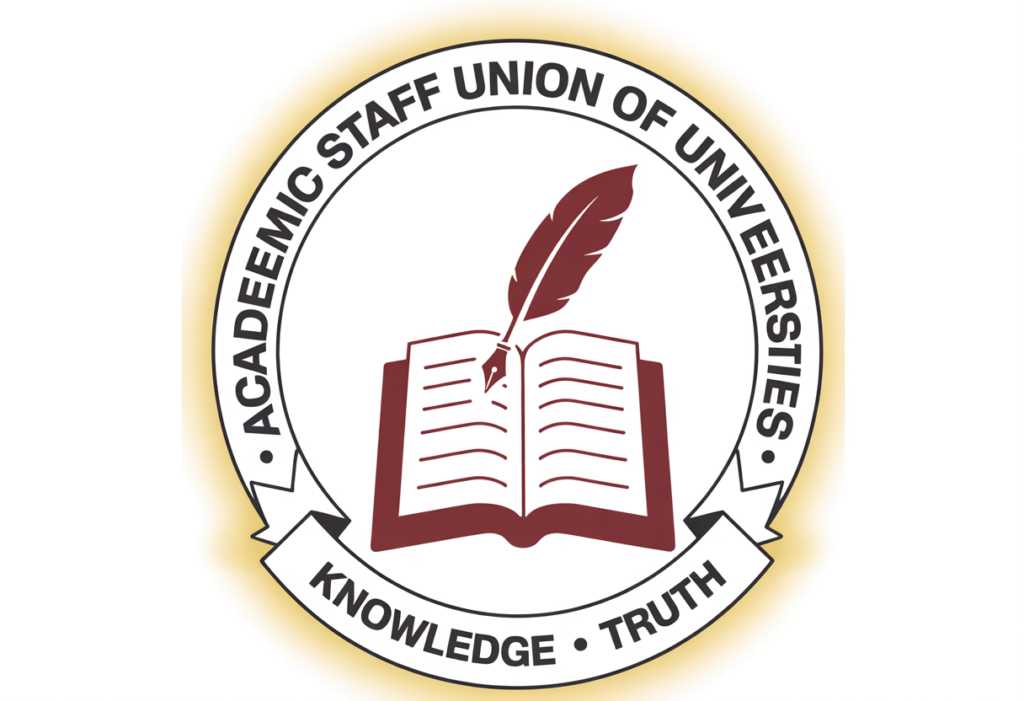The Academic Staff Union of Universities (ASUU) has launched a nationwide strike, bringing university activities to a halt across Nigeria. The strike is in protest of unpaid salaries and unresolved issues with the federal government, leaving students, parents, and university communities deeply concerned about the future of education in the country.
Why ASUU Is on Strike
ASUU, the main union for university lecturers in Nigeria, has a long history of advocating for better working conditions and improved funding for higher education. The current strike was triggered by the government’s failure to pay lecturers their full salaries for several months. In some cases, lecturers have not been paid at all for certain periods, causing significant hardship for university staff and their families.
The union is also protesting the government’s failure to address other critical issues, such as inadequate funding for universities, poor infrastructure, and the lack of proper support for academic staff. ASUU leaders have stated that the strike will continue until the government meets their demands.
Impact on Universities
The strike has already disrupted academic activities in universities nationwide. Classes have been suspended, and exams have been postponed indefinitely. Students are worried about the effect of the strike on their studies and graduation plans. Parents are concerned about the disruption to their children’s education and the additional costs that come with prolonged stays at home.
University campuses, usually bustling with activity, are now quiet as lecturers stay away from work. The strike is expected to have a ripple effect, delaying academic calendars and potentially affecting the quality of education.
Government Response
The federal government has acknowledged the strike and stated that it is working to resolve the issues. However, many are skeptical, as similar promises have been made in the past without lasting solutions. Students and parents are calling for urgent action to end the strike and restore normalcy to the universities.
Broader Issues in Education
The strike highlights deeper problems in Nigeria’s education sector. Many universities struggle with poor funding, outdated facilities, and a shortage of qualified staff. Students often face overcrowded classrooms, inadequate libraries, and a lack of basic amenities. The strike is seen by many as a symptom of these systemic challenges, and there are growing calls for the government to prioritize education and address these issues.
ASUU’s Position
ASUU has a history of using strikes to push for better conditions and improved funding. While these actions have sometimes led to positive changes, they have also caused significant disruption for students and their families. The current strike is especially concerning, as it comes at a time when the education sector is already facing multiple challenges, including the lingering effects of the COVID-19 pandemic and economic difficulties.

An ASUU official explained the union’s stance:
“We have no choice but to go on strike. Our members are suffering, and the government is not listening. We need to stand together to demand what is right for education in Nigeria.”
Reactions and Concerns
The strike has sparked a national debate about the role of unions and the state of education in Nigeria. Some support ASUU’s actions, arguing that the union is fighting for the rights of its members and the future of education. Others criticize the strike, saying it harms students and does not address the root causes of the problems.
Students and parents are left in limbo, unsure of when the universities will reopen. Many students have had to return home, and some fear losing an entire academic year if the strike is prolonged. Parents are also facing additional financial burdens as they provide for their children at home for longer than expected.
Looking Ahead
The strike is expected to continue until the government takes concrete steps to address ASUU’s demands. In the meantime, the academic future of thousands of students hangs in the balance. The situation is a reminder of the importance of education and the need for the government to fulfill its promises to university staff.
There are calls for increased investment in education, better management of university funds, and a renewed commitment to the welfare of academic staff. The strike serves as a wake-up call for all Nigerians to support the education sector and demand better conditions for teachers and students.
Stay woke. Stay tuned. Stay with AKEWE NEWS.